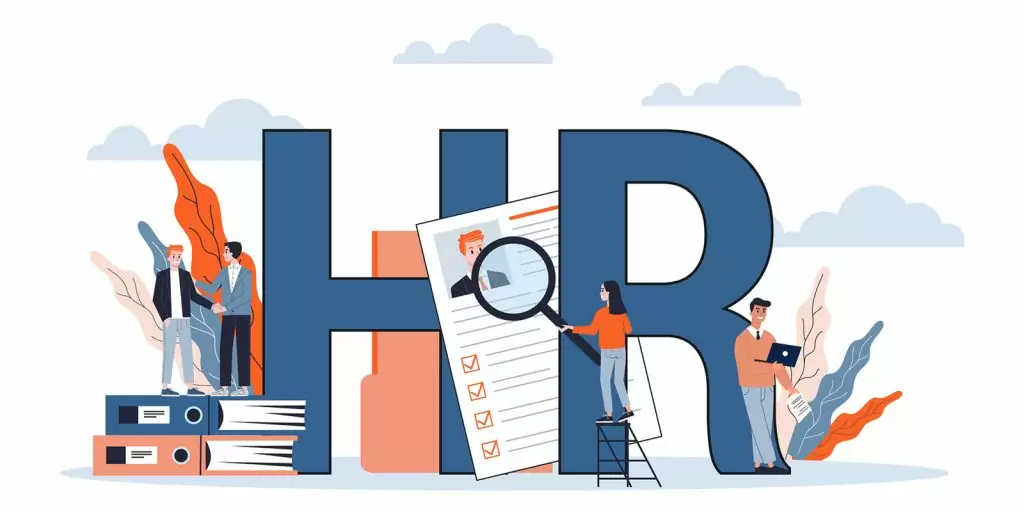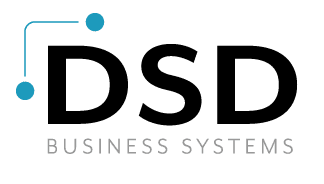What makes HR so Important? Six Things to Consider
April 21, 2021
by Jared Bollier, Digital Marketing Analyst

Throughout all different types of organization, Human Resources is the unsung hero. The work that HR does is crucial to a company running their operations smoothly, but because it doesn’t always have the spotlight on it, some leaders can fall short of having it run properly.
This blog will show you why human resources is so important to a company, and the value in making HR a core part of your company’s strategy moving forward.
What are the responsibilities of HR?

- Hire Strategically
- Manage Benefits and Time Off
- Train Managers and Employees
- Streamline Onboarding
- Resolve Interoffice Conflicts
- Handle Complicance and Legal Concerns
Why do These HR Responsibilities Matter?
Hire strategically
Losing an employee can be very expensive throughout the process of bringing in someone new to replace them. The hiring process alone costs an average of $4000 and 24 working days.
HR makes this recruiting process a lot easier as they work to bring in the right new talent and get them up to speed.


HR works to do things like revise paid time off and benefits, and promotes these things to the rest of the company.
MANAGE BENEFITS & TIME OFF
When an organization has a poor tracking system, the average employee only ends up taking on average 3 days of PTO a year. HR manages things like benefits and time-off which leads to greater and more long term employee engagement.
TRAIN MANAGERS & EMPLOYEES
Training managers and employees is an important aspect in any organization, and HR helps get this task accomplished. As a result, they are helping new hires develop the necessary skills needed along with improving career and company development.

HR also helps reduce employee turnover with both the systems they create and the way they integrate new employees.

HR works to come up with engaging, effective onboarding strategies that get new hires integrated the right way.
Streamline Onboarding
Over half of all employees in an organization believe that they could be doing their job more effectively if they were to have received better training. Employees who felt that their on-boarding was effective are almost 20 times more likely to feel genuinely committed to the company.
Resolve Interoffice Conflicts
Nearly 70% of employees claim that they avoid co workers, and up to 25% said they have actually avoided coming to work because of office conflict. Almost 45% of employees are also unsatisfied with they way their their bosses usually handle conflict.

Human Resources specializes in resolving interoffice conflicts and works to create a safe and comfortable work environment for employees.

HR keeps track of applicable laws and regulations to make sure your organization is in compliance.
Handle Complicance and Legal Concerns
In 2019 alone, there were over 73,000 harassment and discrimination claims filed with the EEOC. These types of legal disputes and other concerns can cost companies up to millions of dollars annually
Learn More About Human Resources
These have been just some of the key things that Human Resources does within an organization. With the right HR tools, an effective strategy, and support from the leadership in the organization, HR can bring even more value to the table. Start incorporating HR into your organization’s core strategy today.
Want to Lean More about HR Integration?
Designed to help you create the modern HR employees crave, Criterion HCM offers the tools and solutions to integrate, automation and manage the entire human resource environment.
Check out this On-Demand HR Benefits Management: How to Automate and Integrate with Criterion Webinar. Learn how to integrate HR with ERP including Sage 100, Sage Intacct & Acumatica Cloud ERP, and more.








